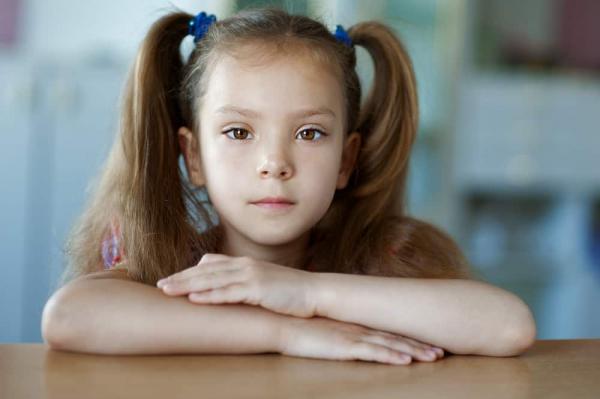
Pornography. It's a word that has so many different meanings to so many different people. If you're one of the countless parents who are concerned about your child being exposed to pornography, you're not alone. With the internet so accessible on computers and on phones, it's not a matter of if your child will see pornography, but when. But there is still a question about how you as a parent will react to it. Viewing pornography does not make your child a sex addict, a pornography addict or anything other than a normal child. There are three simple reasons your child is viewing pornography and I have some simple suggestions for what you can do to support your child when this happens.
There are "Three C's" as to why your child is looking at pornography: Clicking, Curious or Coping.
1. Clicking
When your child is searching for a favorite Pokémon character or My Little Pony episode, she can easily click on a link that is pornographic or sexually suggestive. Innocently misspelling words can lead to searches that bring up pornographic material purely by accident. YouTube has an automated video generator that loads a new video shortly after one ends. What video plays next is determined by relevance and popularity. With Clicking, the child is not seeking pornography, she just stumbled upon it.
If your child sees pornography through Clicking, it is a perfect opportunity to open up a discussion about her experience of seeing pornography. What did she think? What did she feel? What questions does he have? All of these open a conversation you can have with your child, which builds a healthy relationship and offers a safe space for future questions about sex and relationships.
2. Curious
Young children are notorious for asking the question "why?" And even though it can be frustrating for adults, it just shows how eager children are to learn about the world around them. Her curiosity leads her to touch a hot stove even after being told "It's hot. Don't touch it," or a teen driving too fast after being told he could receive a ticket for speeding.
Children have questions about sex. They may hear a term at school, listen to a song, or see a movie and wonder what it means. Gone are the days where a child has to risk embarrassment and ask friends or others for information; Google can answer any question anytime he has one. It's non-judgmental, and gives the info he asks for in less than a second. It is easy for kids to hear a term at school, come home, search the term online and be exposed to pornographic material.
3. Coping
As children get older they mature physically, emotionally and mentally. They also face an array of stressors and issues. They learn to cope with stress by testing out different coping strategies. Some of these Coping strategies you may see as healthy and others you may hope do not continue. As a child matures, sex becomes more and more prevalent. Masturbation and pornography are two ways your child may be choosing to cope with difficult situations.
It is possible your child may be experiencing depression, boredom or anxiety. He may feel unheard or are struggling to adjust to a new family situation. She could be having problems with friends, school issues or relationships, just to name a few. Pornography is not the problem - it is the symptom of something bigger your child is facing.
If you do not have candid conversations about pornography, it can potentially create a lot of confusion for your child. By creating open dialogues with your child, setting boundaries, and being a parent to whom your children can safely ask questions, you can greatly increase the protection you give them against pornography.
If you feel your child is using pornography to Cope, therapy can be an effective tool to support your child through the difficult situation she is facing. If you are unsure if therapy is right for you or your child, many therapists offer free phone consultations to help you determine if it would be appropriate for your child.

